Preparing Tax Returns
-
What You'll Need
-
Common Tax Forms
-
When and How to File
-
Accuracy is Everytrhing
Preparing Tax Returns
Preparing a business tax return
involves gathering financial data, organizing records, and submitting the
required forms to local or national tax authorities. It’s not just a
once-a-year task—it reflects everything your business has done financially
throughout the year.
“A well-prepared tax return is a reflection of well-kept books.”
1. What You’ll Need
Before you can prepare your return, you need to gather all your financial documents. This includes income records, expense receipts, payroll reports, and bank statements. You’ll also need your previous year’s return, your business’s tax ID, and any relevant deductions or credits.
2. Common Tax Forms
Different business structures use
different forms:
Knowing the correct form is key to filing accurately and on time.
- Sole Proprietors file Schedule C along with their personal 1040
- Partnerships file Form 1065 and issue K-1s to partners
- Corporations file Form 1120
- S Corporations file Form 1120S and also issue K-1s
Knowing the correct form is key to filing accurately and on time.
3. When and How to File
Filing
taxes correctly and on time is essential for running a responsible and
successful business. It helps you avoid fines and penalties
that can arise from late or inaccurate filings. Staying compliant also ensures
you maintain good standing with tax authorities,
which is important for both reputation and smooth operations. Additionally,
having clean tax records can help you qualify for business loans
and government contracts, since lenders and agencies often
review financial history. Proper tax filing also builds trust with investors, partners, and customers,
showing that your business is transparent and well-managed. To stay compliant,
it's crucial to keep accurate records,
track income and expenses carefully,
and use reliable accounting software
that can streamline the process and reduce errors.
4. Accuracy is Everything
Mistakes
in tax filing can lead to audits, penalties, or overpaying. That’s why
double-checking your numbers, using accounting software, or working with a tax
expert is so important. The more accurate your records, the smoother the tax
process will be.
Key Takeaways
✅ Gather all documents before starting your tax return
✅ Choose the right form based on your business structure
✅ Be aware of filing deadlines and requirements
✅ Accurate records reduce risk and save time
✅ Consider using tax software or a professional for best results
✅ Choose the right form based on your business structure
✅ Be aware of filing deadlines and requirements
✅ Accurate records reduce risk and save time
✅ Consider using tax software or a professional for best results
Write your awesome label here.
Access all Accounting and Bookkeeping Courses from One Portal.
Mastering Bookkeeping and Accounting
MBA simplifies accounting, ledger management, account balancing and financial statement preparation.
QuickBooks Online For Bookkeepers
From Beginner to Expert: Master QuickBooks Online. Effortlessly Navigate, Analyze Transactions, and Unlock its Full Potential.
Xero Accounting For Bookkeepers
Learn how to use Xero, the leading online accounting software to perform most of the essential bookkeeping tasks.
ChatGpt for Bookkeepers and Accountants
Learn how to use the ChatGPT prompt toolkit to simplify daily accounting tasks for accountants and bookkeepers instantly.
Subscribe to our newsletter
Stay informed with the latest accounting tips, tools, and updates from Accountutor right in your email inbox.
Thank you!
Policy Pages
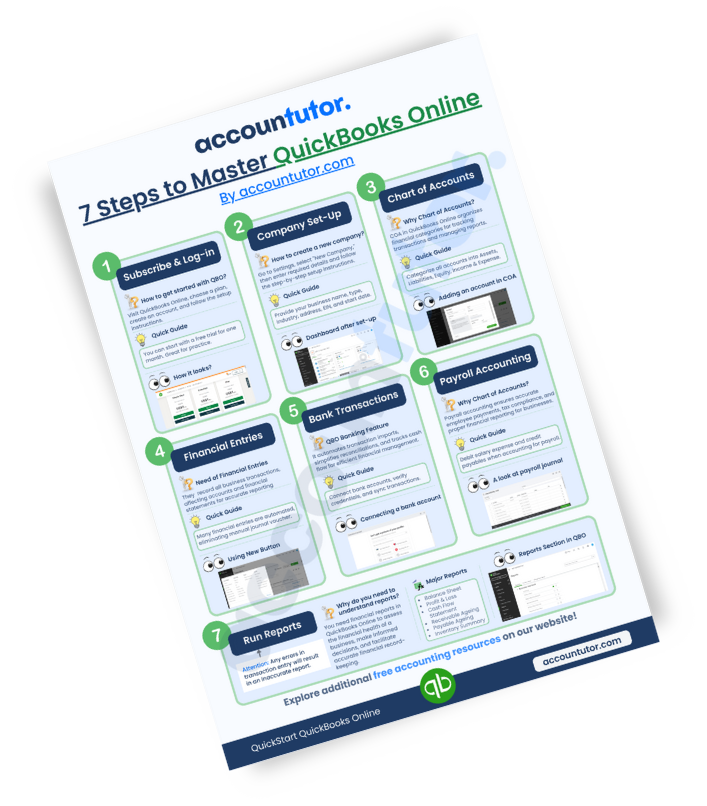
Download QuickBooks Online PDF Guide
Thank you!
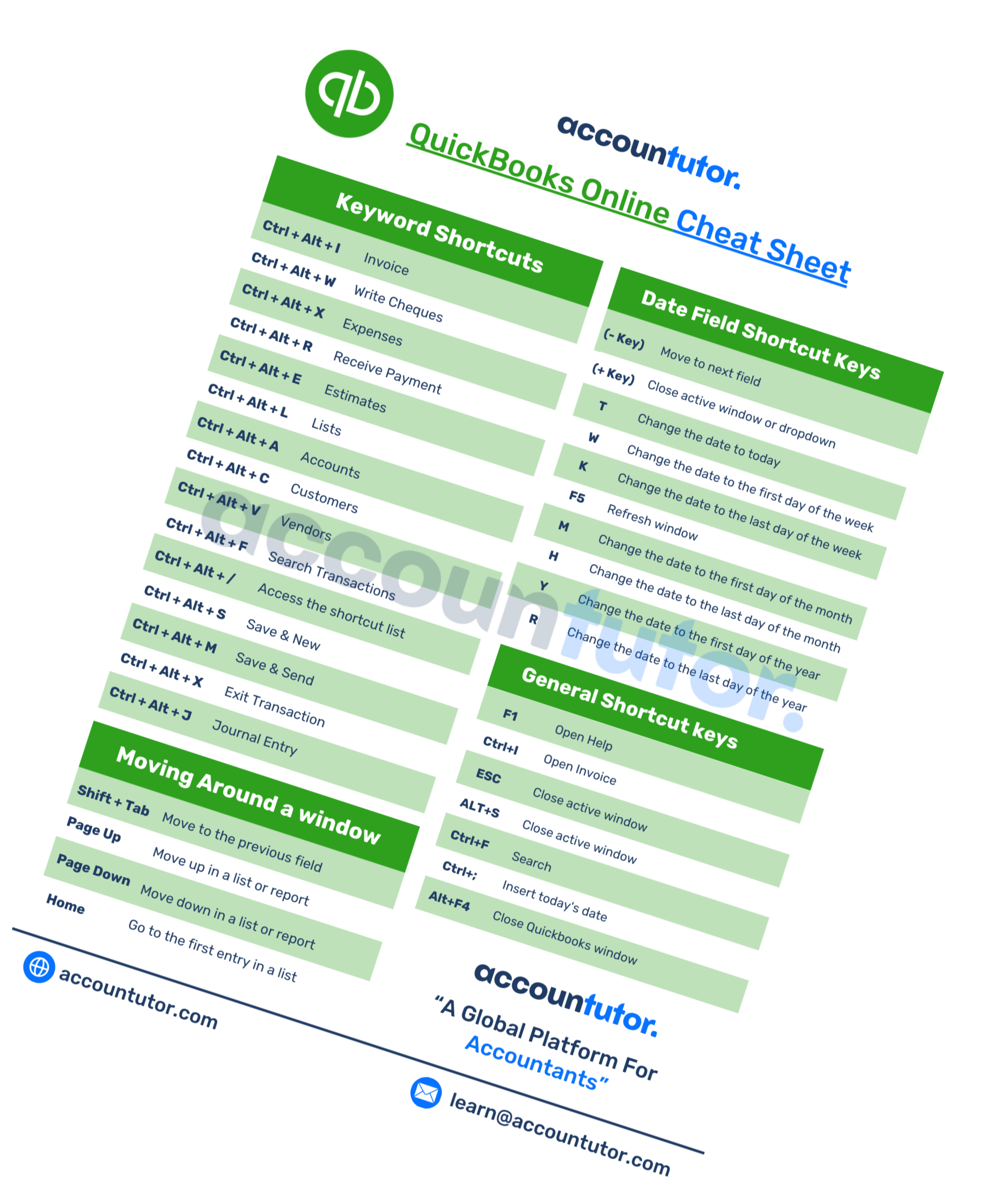
Download QuickBooks Online Cheat Sheet
Thank you!
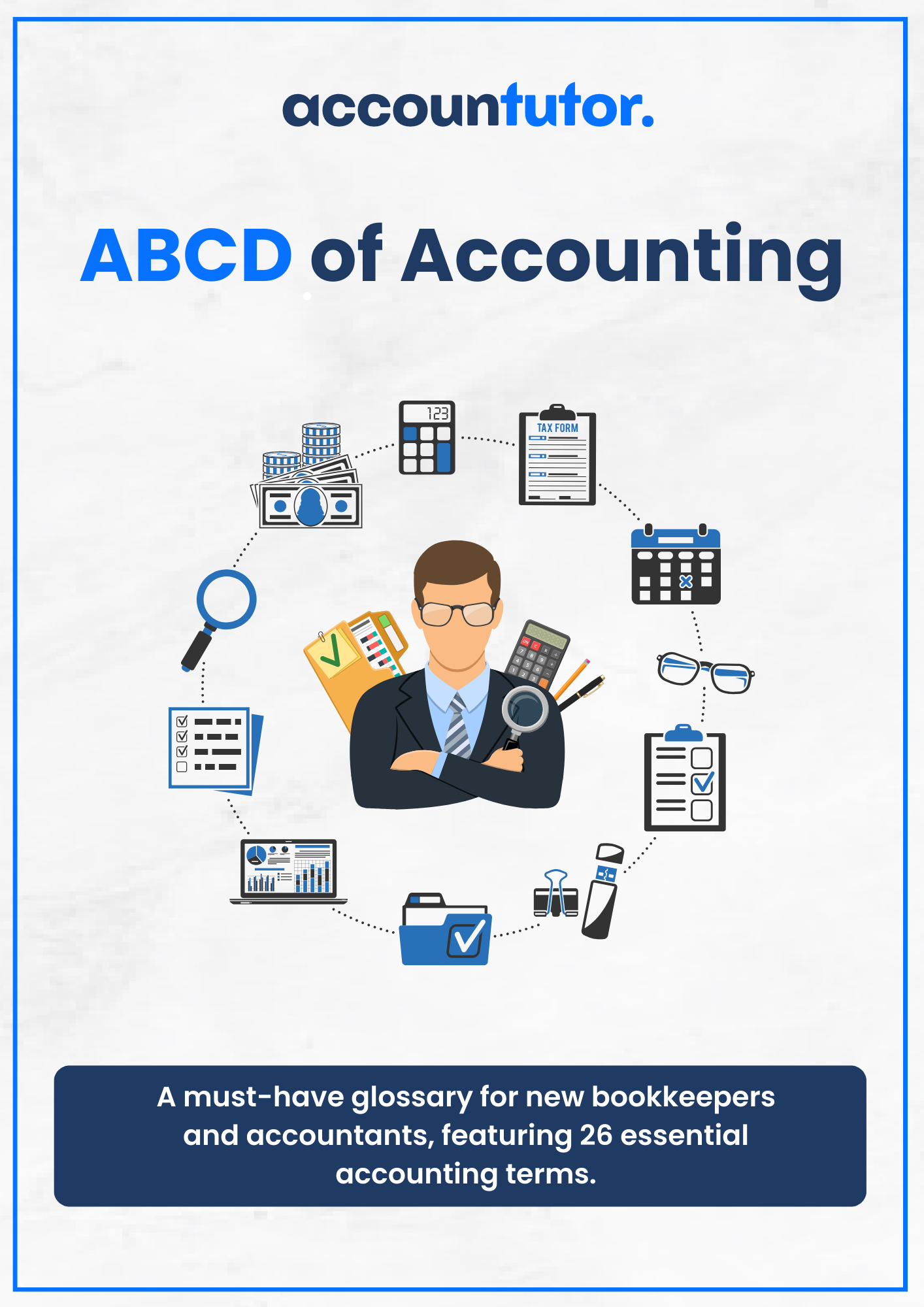
Download ABCD of Accounting
Thank you!
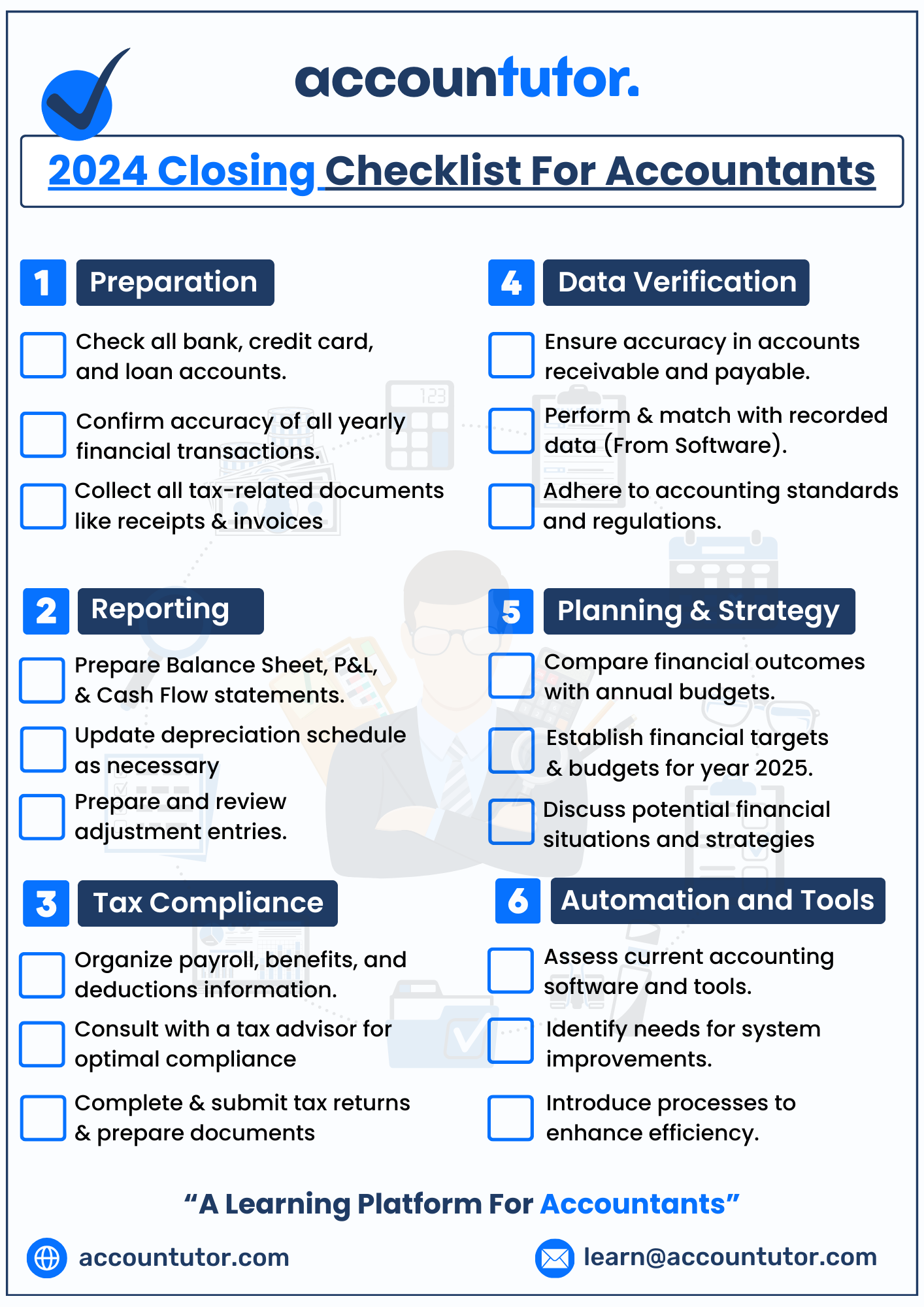
Download Checklist 2024
Thank you!
Register For Free!
Thank you!
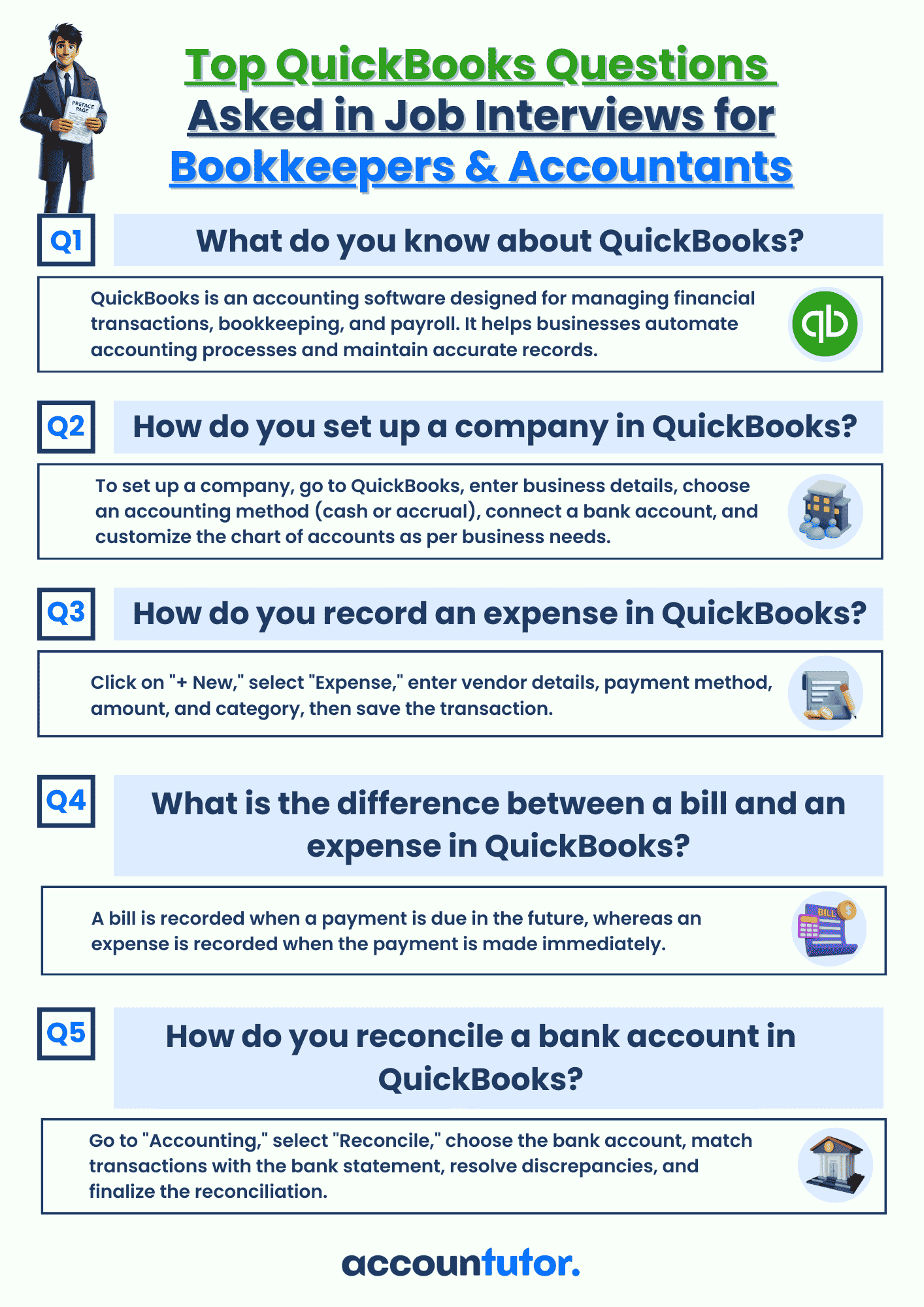
Download Interview Questions
Thank you!

